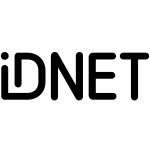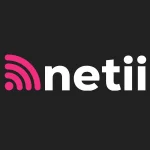Sponsored Links
Europe Warns ISPs and Businesses to Act Now and Adopt IPv6 ASAP
Posted: 05th Dec, 2011 By: MarkJ

 The European Commission (EC) has warned businesses and ISPs to "act now" and get on with the "very important" job of upgrading their networks to support the Internet Protocol v6 ( IPv6 ) addressing standard before Europe's remaining IPv4's are totally depleted (likely to happen within the next 12 months).
The European Commission (EC) has warned businesses and ISPs to "act now" and get on with the "very important" job of upgrading their networks to support the Internet Protocol v6 ( IPv6 ) addressing standard before Europe's remaining IPv4's are totally depleted (likely to happen within the next 12 months).The issue is important because the majority of us are dependent upon IP addresses. An IPv4 address is seamlessly assigned to your connection each time you go online (e.g. 86.247.0.11). It allows you to communicate with other internet websites, services and people etc.
IPv4 addresses officially started running out earlier this year when the Regional Internet Registry (RIR) for Asia (APNIC) exhausted its last remaining supply. Europe's RIR, RIPENCC, is currently predicted to run out of IPv4's by mid-2012, at which point adding new internet connections will start to become very difficult and even impossible for some.
Neelie Kroes, VP of Europe's Digital Agenda, warned (German IPv6 Summit 2011):
"Imagine for a moment that no more IP addresses were available; imagine how that would cramp the development of this global resource. Well, if we don’t make the change to IPv6, you may not have to imagine for very long: in Europe, total depletion of IPv4 addresses is just around the corner."
"Imagine for a moment that no more IP addresses were available; imagine how that would cramp the development of this global resource. Well, if we don’t make the change to IPv6, you may not have to imagine for very long: in Europe, total depletion of IPv4 addresses is just around the corner."
As above, the solution is to adopt IPv6 (e.g. 2001:db8:4e93::2), which has a plentiful supply but is not directly compatible with IPv4. This presents somewhat of a nightmare as most internet connected devices (computers, Smartphone's etc.) only understand IPv4.
Thankfully ISPs can setup dual-stack networks that allow the two IP standards to communicate but many have been slow to do this and hardware manufacturers have also been slow to add support. Quite shocking when you consider that IPv6 has been around since the late-1990's.
Neelie Kroes continued:
"The uptake of IPv6 remains slow, too slow ... The IPv4 address space is exhausted and this is impeding the growth and future development of the Internet. Many innovations fail to reach their potential due to the complexity of managing shortages. This is a deadlock situation.
We need to act now. The longer we wait, the more it will cost us. We need to convince those most concerned to think differently, and act for the future ... The speed of transition to IPv6 needs to accelerate and expand to all ISPs."
"The uptake of IPv6 remains slow, too slow ... The IPv4 address space is exhausted and this is impeding the growth and future development of the Internet. Many innovations fail to reach their potential due to the complexity of managing shortages. This is a deadlock situation.
We need to act now. The longer we wait, the more it will cost us. We need to convince those most concerned to think differently, and act for the future ... The speed of transition to IPv6 needs to accelerate and expand to all ISPs."
Thankfully progress is now being made and some hardware manufacturers are finally starting to adapt (example), although in reality some big UK ISPs will probably try to stick with IPv4 for a few more years and thus avoid an expensive upgrade. Some of them, such as BT Retail, can afford to do that because they have a mass of spare IPv4 addresses but delay is a game of risk.
In reality no competent ISP would want to prevent the addition of new customers and many should avoid half-way measures like IPv4 address sharing, which can carry all sorts of connectivity and performance problems.
A good ISP will make this transition seamless but at the same time it doesn't hurt to check whether your own kit has IPv6 support and be mindful of it when upgrading. Ultimately the world will become IPv6-only but that won't happen for quite a few years yet.
Search ISP News
Search ISP Listings
Search ISP Reviews
Latest UK ISP News
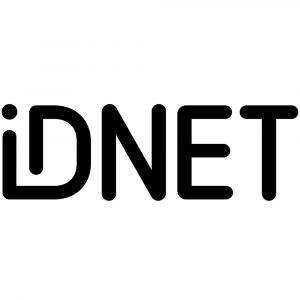

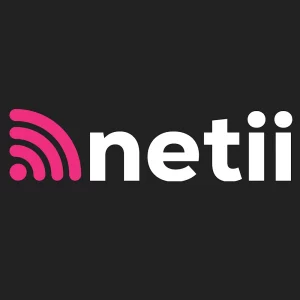
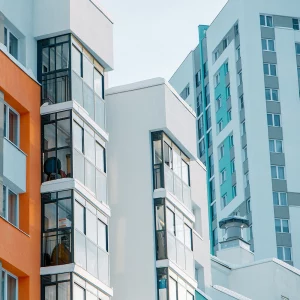
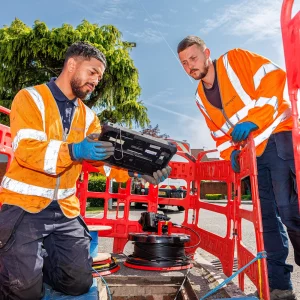
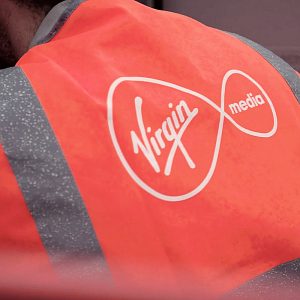

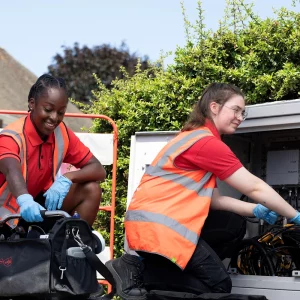
Cheap BIG ISPs for 100Mbps+
150,000+ Customers | View More ISPs
Cheapest ISPs for 100Mbps+
Modest Availability | View More ISPs
Latest UK ISP News
Helpful ISP Guides and Tips
Sponsored Links
The Top 15 Category Tags
- FTTP (6781)
- BT (3878)
- Politics (3066)
- Business (2760)
- Openreach (2659)
- Building Digital UK (2507)
- Mobile Broadband (2466)
- FTTC (2139)
- Statistics (2121)
- 4G (2085)
- Virgin Media (2016)
- Ofcom Regulation (1777)
- 5G (1723)
- Fibre Optic (1601)
- Wireless Internet (1592)
Sponsored
Copyright © 1999 to Present - ISPreview.co.uk - All Rights Reserved - Terms , Privacy and Cookie Policy , Links , Website Rules









